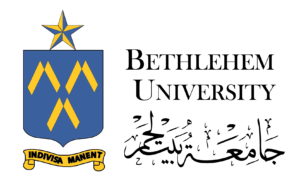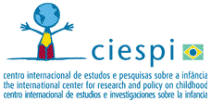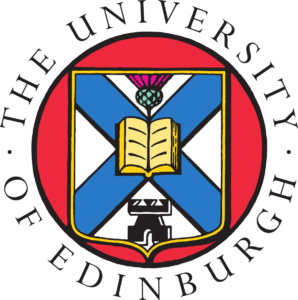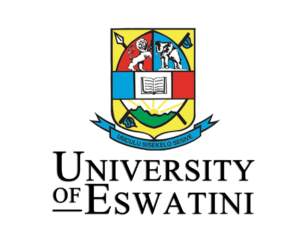Safe, Inclusive and Participatory Pedagogy
Safe, Inclusive Participative Pedagogy (SIPP): Improving Early Childhood Education is a partnership research project funded by UKRI and GCRF, running from January 2020-January 2024.
This exciting international research project aims to identify and develop safe, inclusive participative pedagogy that is implementable in fragile contexts and sustainable for governments, communities and families.
Research Questions
- In what ways and how do current policies, systems and organisations support inclusive participative pedagogy in these contexts? What are the tensions and how can they be resolved?
- What information, knowledge, support, partnerships and expertise can be mobilised to understand these contexts and the threats, assets and opportunities for early childhood learning, young children and their families? What are the findings from such mobilisation and their implications for developing and supporting inclusive participative pedagogy?
- How can inclusive participative pedagogy become imbedded and sustainable in communities, their formal and informal contexts, so as to support children’s early learning?
- Is there an economic case for inclusive pedagogy? If so, what are the relevant components and what are the short- and long-term costs and benefits?
The project will be undertaken with partners in Brazil, Eswatini, Palestine, South Africa, and Scotland using a mixed-method approach. This includes: qualitative community case studies in each country; policy and systems analysis at country and community levels; and developing the economic case for safe inclusive pedagogy. Community engagement and participation underpin the project and there is a strong focus on knowledge exchange and collaborative learning.
follow us on Twitter @SafePedagogy
The project is managed by Childhood & Youth Studies Research Group, Moray House School of Education and Sport (MHSES) University of Edinburgh, Scotland (Grant Holder)


![]()
![]()
![]()

